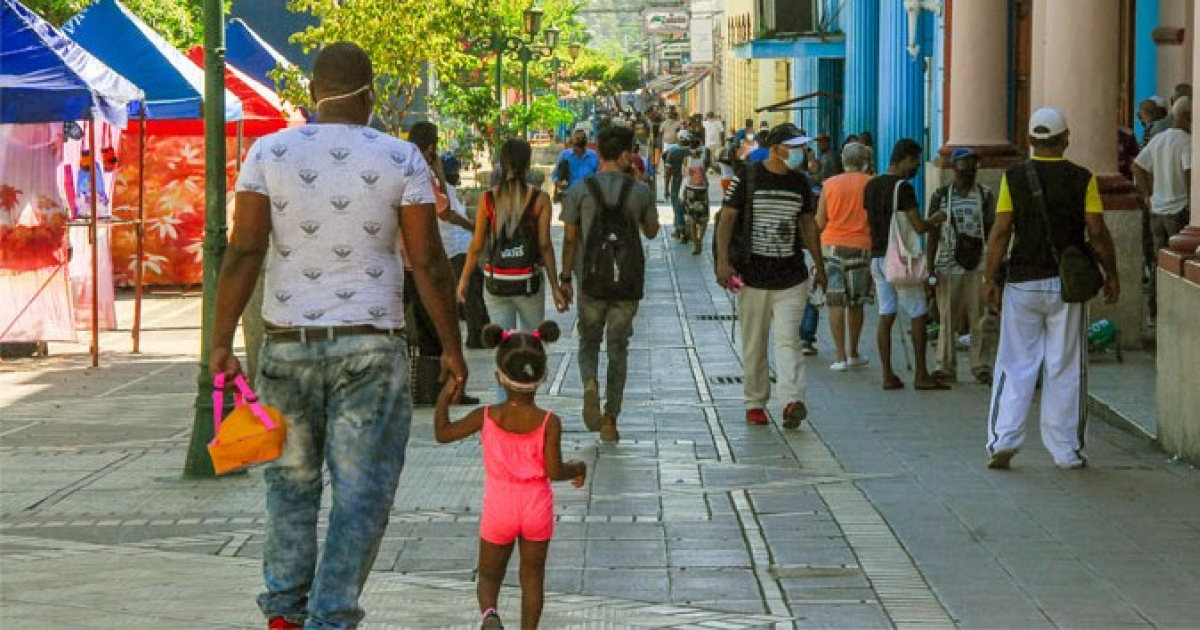
The health authorities at Guantánamo have been on alert since the World Health Organization (WHO) warned of the increase in the incidence of cholera in twenty countries, including Haiti.
The Ministry of Public Health in the eastern province maintains active surveillance of the disease, with special attention to those who enter the territory from the neighboring nation.
Aimeé Blanco Chibás, head of the department of communicable diseases at the Provincial Center for Hygiene, Epidemiology and Microbiology, explained that travelers undergo chemoprophylaxis with a dose of doxycycline as part of international health control, and clinical surveillance by the basic health system. from your arrival at the airport until two weeks later.
In statements toWe will winBlanco Chivás added that in the event of any symptom of acute diarrheal disease, a rapid response system is activated to control the outbreak and the rapid test is performed, which, according to the official, is available in the hospital system.
The specialist specified that these tests are also performed on patients who arrive at hospitals with clinical criteria of dehydration, as provided for in the protocol for acute diarrheal diseases (ADD), which increase in the summer months.
Likewise, he stressed that people with diarrheal symptoms go to the doctor, since the classic symptoms of cholera are watery, liquid and profuse diarrhea, whitish in color and with a fishy smell, as well as vomiting and fever, but the bacterial disease does not always occur. in that way.
At the end of last year, a similar situation occurred inSantiago de Cuba, where authorities had to reinforce surveillance protocols in the face of the outbreak of diarrheal diseases and "alarming levels of cholera contagion in Haiti."
Although the government did not report cases of cholera, Public Health officials expressed concern about "the geographical proximity of the Haitian nation and the arrival of travelers from that country."
Gonzalo Urgellés, head of the program to control communicable digestive diseases in the province, warned of "the high incidence of diarrheal diseases", with an average of 35 to 40 infected daily.
Urgellés assured that strict surveillance was maintained at the Antonio Maceo international airport, hotels and rental houses, "in order to detect the possible entry of natives or foreigners from the Caribbean country and infected with the lethal infection."
From January to October 30 of last year, some6,000 people in Sancti Spíritus were treated with symptoms associated with diarrheal diseases acute (EDA), an increase of 27 percent compared to the same period in 2021.
Despite the increase in diarrheal diseases, Yurién Negrín Calvo, deputy director of the Provincial Center for Hygiene, Epidemiology and Microbiology, indicated that no case of cholera had been diagnosed.
Days before, the Cuban government claimed to beprepared to face monkeypox and cholera.
According to José Raúl de Armas, head of the communicable diseases department of the Ministry of Public Health, the country had prepared for the appearance of these ailments in the epidemiological context of that time.
"Right now we are talking about monkeypox and the resurgence of cholera," he said.
What do you think?
COMMENTFiled in: